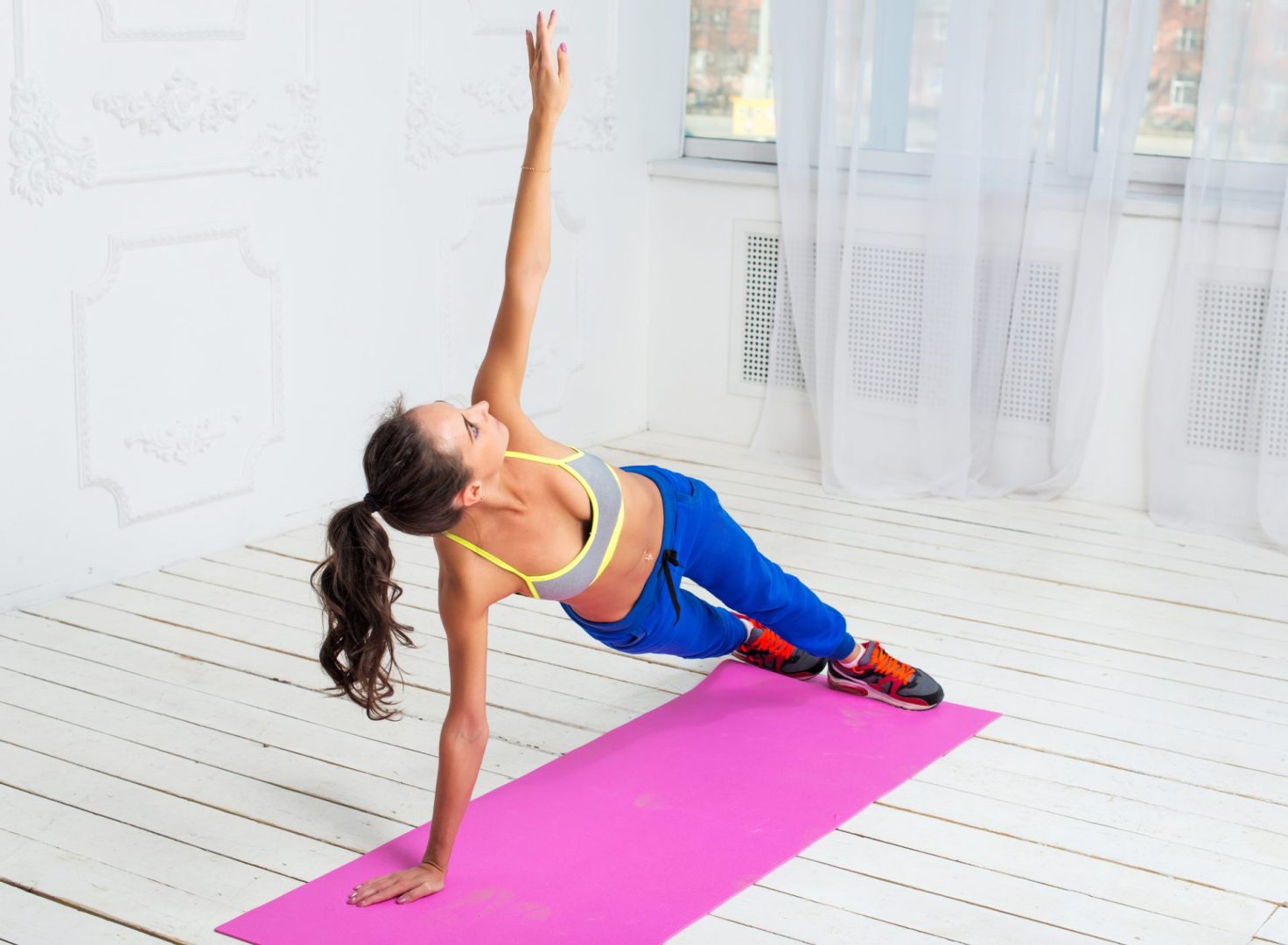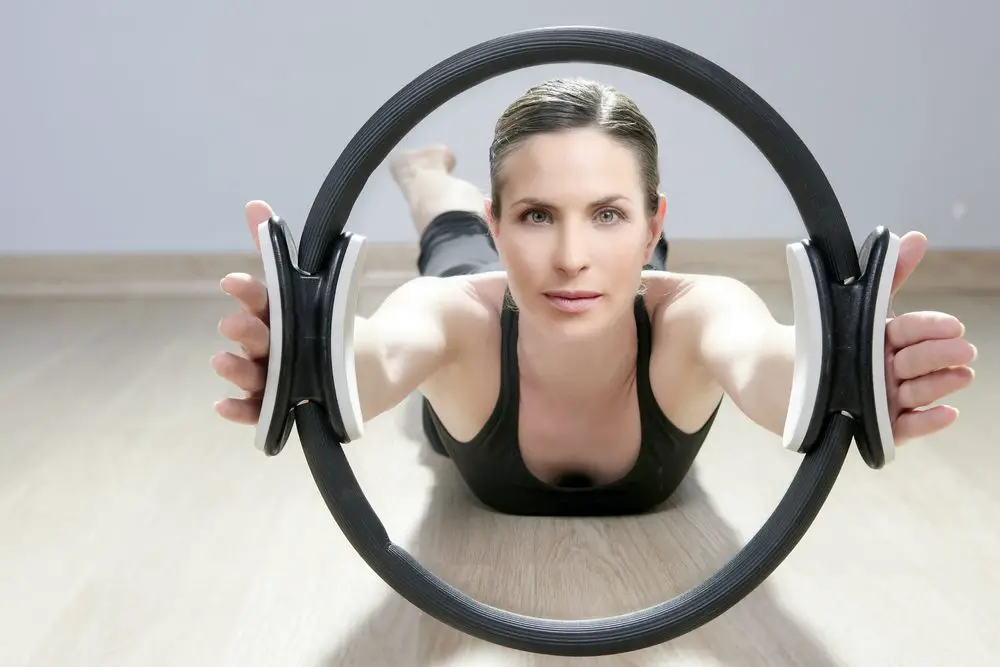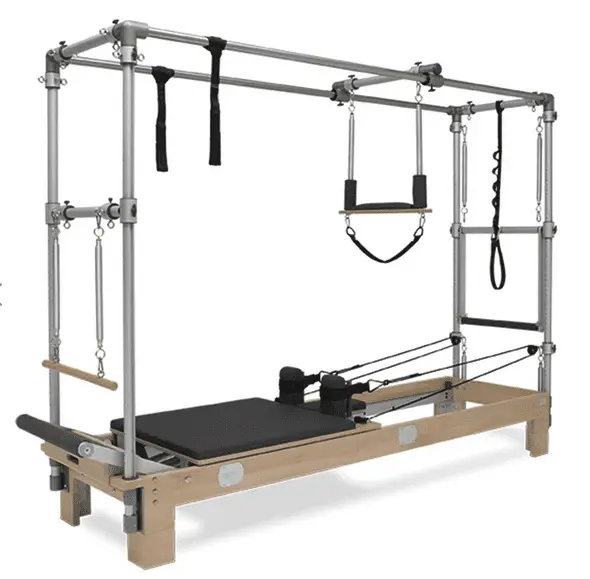Product Reviews
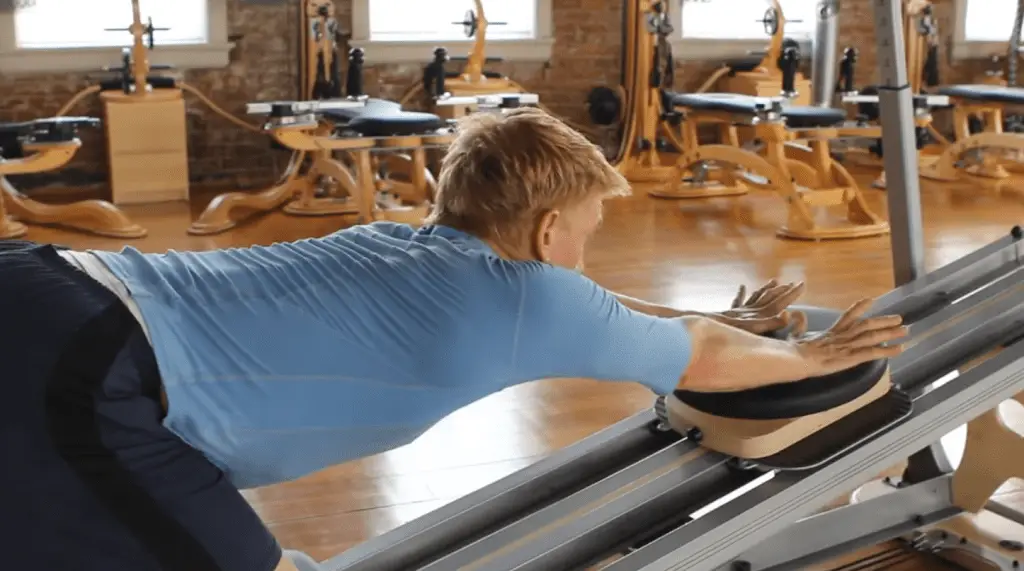
Pilates vs. GYROTONIC EXPANSION SYSTEM®
Chances are, you know a lot about Pilates. Chances are you do not know a lot about GYROTONIC EXPANSION SYSTEM®. GYROTONIC® is a relatively new fitness system (late 1970’s) touted by the likes of Madonna, Gwyneth Paltrow, and Jennifer Anniston. But despite its celebrity buzz, you still may not know much about it.
At first glance, GYROTONIC® bears some resemblance to Pilates. They both build strength and flexibility. They both have equipment and non-equipment based exercises. Just as Joe Pilates inspiration came out of his own childhood rickets and asthma, Romanian-born dancer Juliu Horvath devised the GYROTONIC EXPANSION SYSTEM® to help rehabilitate his back and Achilles tendon injuries. Both methods are a culmination of other exercise philosophies, as well as, innovations in movement and the healing arts. With Pilates it is reflexology during footwork and the use of movement to “massage” the internal organs, where in Julius’ work, he draws upon the acupuncture meridians and QiQong.
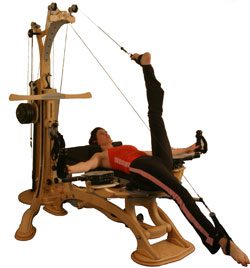
Other similarities include focus on the body’s core, use of system-specific equipment, joint range of motion and emphasis on the breath. But how each of these areas is approached is what truly differentiates these systems. From a dance perspective, Pilates would be compared to ballet, as GYROTONIC EXPANSION SYSTEM® is likened to modern dance.
Where Pilates is more linear in terms of range of movement and mostly done lying down, GYROTONIC® is more three-dimensional and generally done seated. In terms of where the movements originate from, Pilates’ “Powerhouse” is a musculature-oriented, where GYROTONIC® s’ “Center” incorporates musculature, as well as, skeletal orientation with the hands, feet, arms, legs, ribcage and pelvis assisting in the exercises. In general terms, Pilates focuses on stabilization, GYROTONIC® focuses on mobility.
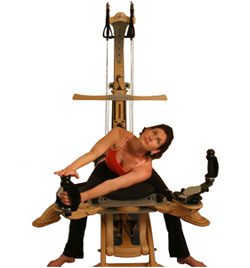
In regards to equipment, Pilates machines like the reformer (you can read Pilates reformer reviews here) use springs, where GYROTONIC® uses pulleys and weights. Both men designed many different pieces of equipment to assist with the foundation of their work, that being matwork in Pilates and GYROKINESIS® in Julius’s system. Breathing is an important part of both. Pilates’ approach is of an “internal shower” and Juliu incorporates three distinct breathing patterns to match different tempos of his movement.
Both systems have proven healing properties with Pilates increasingly accepted by the U.S. medical and rehabilitiaon communities and GYROTONIC EXPANSION SYSTEM® being heralded in Europe for orthopedic injury recovery. One obvious difference which you have seen through out this article is Juliu’s trademark and codification of his work. This guarantees his interpretation will be protected for future generations.
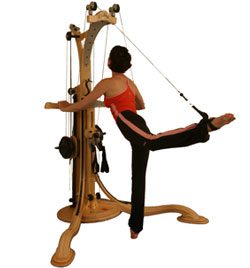
As with anything, my clients’ response to GYROTONIC EXPANSION SYSTEM® has been mixed. Some personalities lend themselves better to one method over the other. But for the most part, the approach of using it as cross-training has been good. All my clients find moving three-dimensionally to be a challenge.
From a teaching perspective, I have enjoyed the freedom Juliu gives his teachers with respect to how his work is taught. It is also exciting to be here while Juliu continues to evolve his work, always seeing the layers and possibilities as he continually tweaks his system. Just as I have found in Pilates, the more I practice the work the more insight I get. I have found the experience has made me a better teacher of Pilates, but more importantly, a better teacher of movement.
GYROTONIC®, GYROTONIC® & Logo, GYROTONIC EXPANSION SYSTEM® and GYROKINESIS® are registered trademarks of Gyrotonic Sales Corp and are used with their permission.
